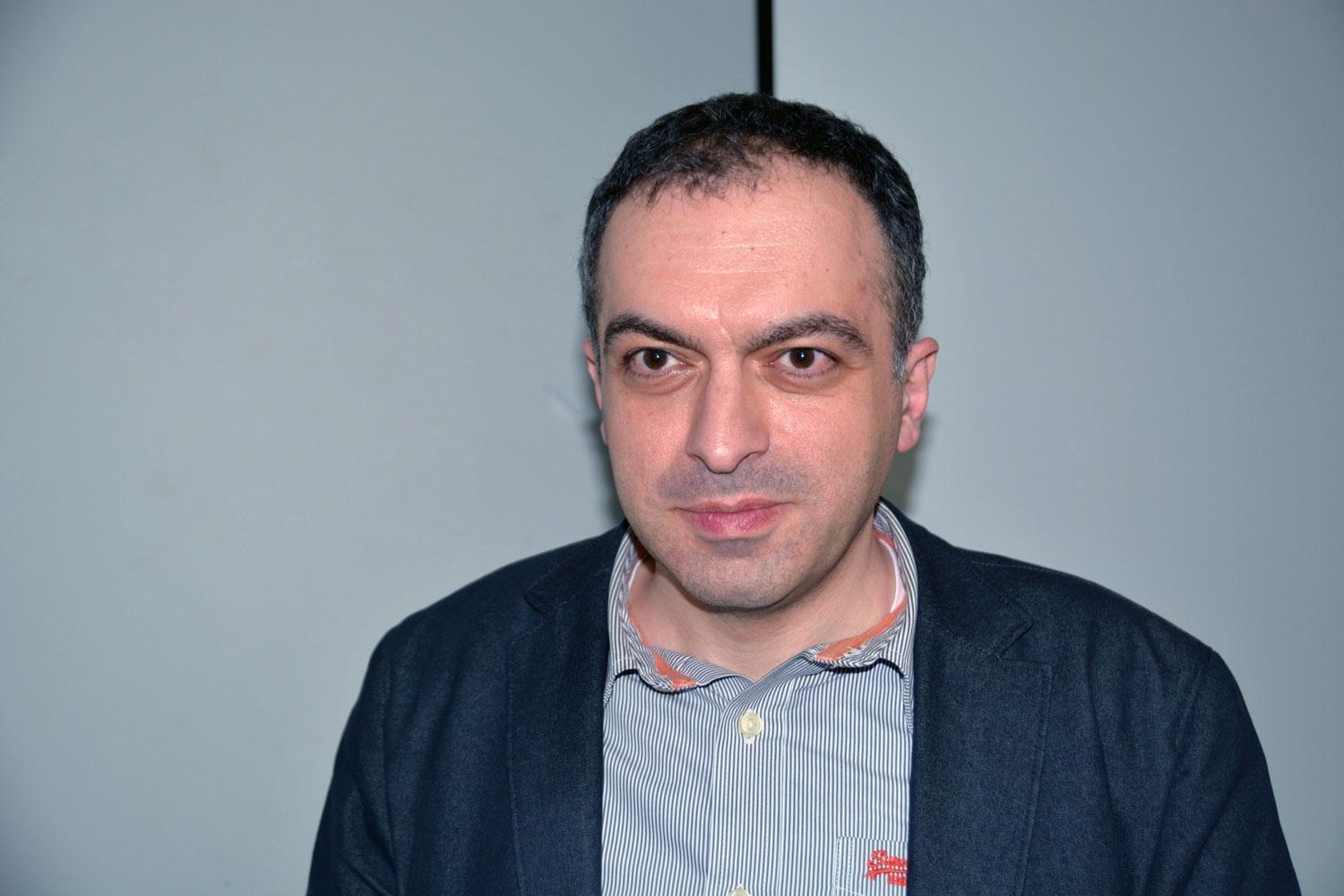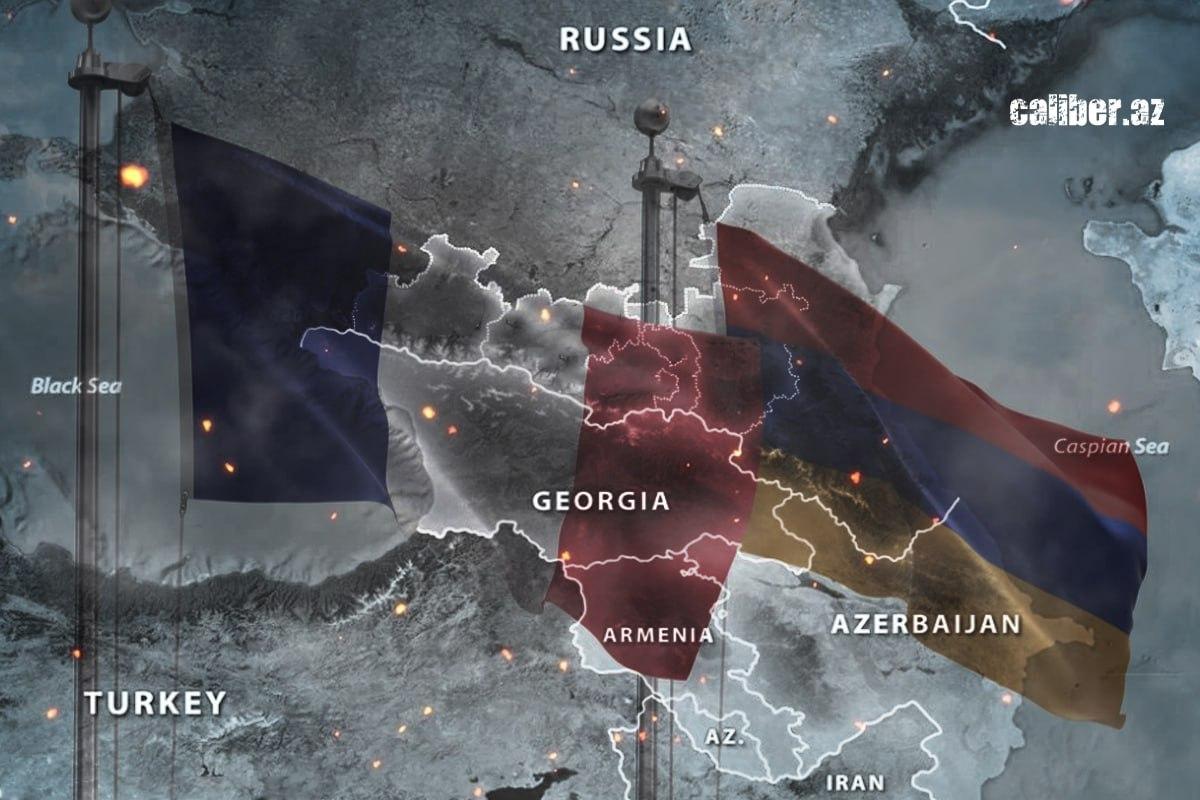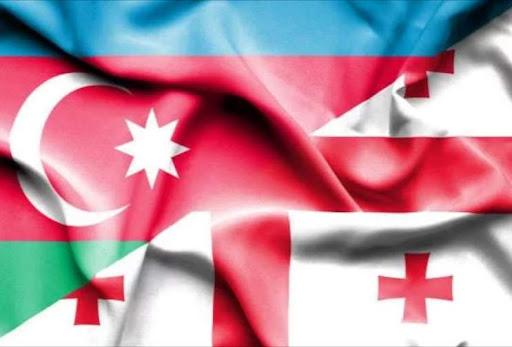Azerbaijan as winner country has all levers of pressure on Armenia Amidst difficulties of negotiation process
Caliber.Az interview with Tornike Sharashenidze, Professor, Head of International Relations MA program at Georgian Institute of Public Affairs (GIPA).

- Armenia is actively playing the political instability card, involving new players in the region who are ready to stir up peace in the South Caucasus, to turn it into a hot spot in conflict with Russia. These include the EU mission in Armenia and agents of the American special services. Will it be possible to build peace in the region with such components?
- Pashinyan is in a difficult situation, and I think this should also be taken into account. On the one hand, the most painful for Armenians processes of demarcation of the border with Azerbaijan have started, on the other hand, he is under serious pressure from the radical opposition, which does not forgive any step towards Baku and Ankara and only strengthens its rhetoric. In my opinion, Baku, as the winner in the 44-day war, with all the difficulties of the negotiation process, has all the levers of pressure on Armenia.
Armenia, of course, finds itself in a difficult position due to the presence of US intelligence services and Russian military in the same country. Of course, Yerevan should also take into account Tehran's interests in the region, which does not want Türkiye and Azerbaijan to strengthen and other players to emerge in the region. Georgia, by the way, also remembers its complex historical relations with Iran and is therefore very interested in peace and harmony in the South Caucasus, against attracting to the South Caucasus actors who are planning dangerous combinations for the region.
- In this context, I would like to emphasize the destructive role of France....

- In my opinion, France is acting more out of inertia, helping Armenia while underestimating the risks for itself. But I note that there is one sure recipe against Paris' intrigues: if Baku establishes good-neighborly relations with Yerevan, France will be simply out of business and will withdraw from the region, its whole game will be irrelevant. Although Baku understands it well when they insist on direct dialogue between the sides without assistants from Paris or somewhere else. So all the keys to the situation, in my opinion, lie with Azerbaijan, which is the strongest political player in the South Caucasus.
- How do you see the prospects for political and economic cooperation between Baku and Tbilisi?
—Baku and Tbilisi, of course, are bound together by many things, not to mention the historical layers of our past, our relations are developing in various fields and this interaction has already yielded remarkable results- for example, the Baku-Tbilisi-Ceyhan oil pipeline and the Baku-Tbilisi-Erzurum gas pipeline. And if peace maintained in the region, our relations can reach an even higher level, because the South Caucasus has a huge potential, especially economic. And the unique resources of Azerbaijan and Georgia provide excellent prospects for the development of such cooperation. Not to mention the joint work in the field of tourism development - we have a lot to share and show the world.
- How do you see the foreign policy course of Georgia, which finds itself in many ways between the West and the East?

- Georgia still manages to find a balance between the EU and Russia, let's say that Tbilisi is striving for the West, but looking back with apprehension at Russia. A lot depends on the outcome of the war between Russia and Ukraine, I think this factor is crucial for our region. It is already obvious that Russia is not going to simply leave the South Caucasus, and all of us - Georgia, Azerbaijan and Armenia - need to take into account Russia's interests and plans. In this sense, by the way, Tbilisi is counting very much on the support of Azerbaijan and Türkiye, who, as I believe, are interested in a strong independent Georgia.
- At the same time, Tbilisi has so far refrained from participating in the "3+3" format of regional cooperation. On the other hand, Georgia has offered a platform for negotiations between Baku and Yerevan. Is Tbilisi ready to implement these proposals?
- The issue of Georgia's participation in the "3+3" format is still unlikely due to the problem of occupation of our regions by Russia, but Georgia is not against participating in any format that supports the idea of peace and cooperation. At the same time, Georgia is willing and ready to become a platform for negotiations between Baku and Yerevan, because first of all it is interested in building a sustainable peace in our region. Georgia is not a regional power or an empire, we have no super ambitions. Georgia is not a resource-rich country, so the main thing we have to offer is our geography. Because of our location in the region, Georgia is a regional hub, our geography is in no small sense our product and currency. But its viability depends on peace and good-neighborly relations, we understand this very well and therefore we strive to create such a model in the region, to develop peaceful processes in the South Caucasus.








